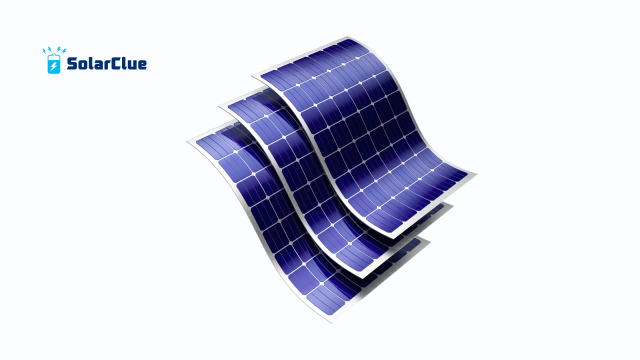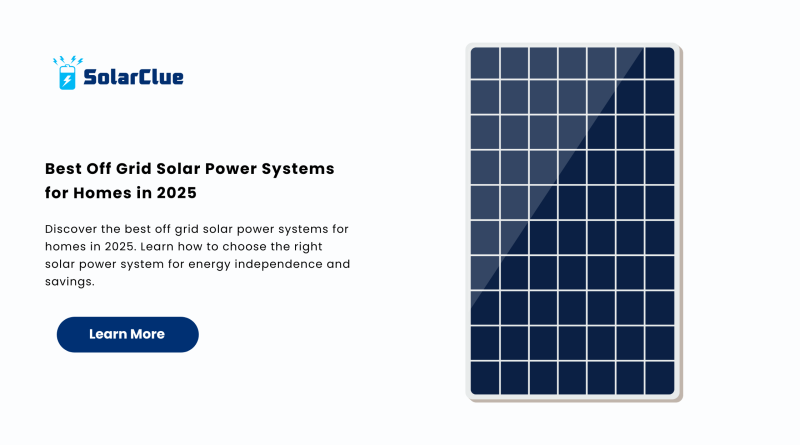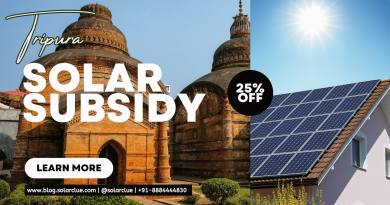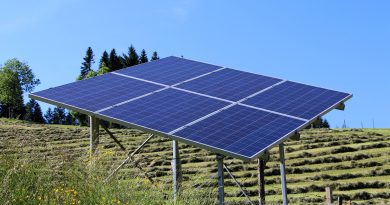Best Off Grid Solar Power Systems for Homes in 2025
In recent years, more homeowners are shifting towards off grid solar power systems to gain energy independence and reduce monthly utility bills. If you’re considering taking control of your power usage and living sustainably, an off grid solar system might be the perfect solution.
Table of Contents
- 1 What Are Off Grid Solar Power Systems?
- 2 Why Choose an Off Grid Solar System?
- 3 Components of an Off Grid Solar Power System
- 4 How to Choose the Right Off Grid Solar Power System
- 5 Pros and Cons of Going Off Grid
- 6 Common Applications of Off Grid Solar Power Systems
- 7 Are Off Grid Systems Legal and Safe in India?
- 8 Maintenance Tips for Off Grid Systems
- 9 Cost of Installing an Off Grid Solar System
- 10 Best Brands Offering Off Grid Solar Power Systems in India
- 11 Long-Tail Variations for Keyword Optimization
- 12 Environmental Impact of Off Grid Solar Solutions
- 13 Real-Life Use Case: Off Grid System in Rural Maharashtra
- 14 Conclusion: Is Off Grid Solar Right for You?
- 15 FAQs
What Are Off Grid Solar Power Systems?
An off grid solar power system is a standalone energy setup that generates electricity using sunlight and stores it in batteries for later use. Unlike grid-tied systems, it does not rely on the public electricity supply. This means you are completely energy-independent — a major plus in remote areas or during power outages.
Why Choose an Off Grid Solar System?
- Energy Independence: Avoid reliance on fluctuating grid rates.
- Reliable in Remote Areas: Perfect for cabins, farms, or rural homes.
- Eco-Friendly: Reduces carbon footprint.
- Long-Term Savings: After initial setup, monthly bills drop significantly.
Components of an Off Grid Solar Power System
To function effectively, your system needs:
1. Solar Panels
The heart of every solar power system. These convert sunlight into electricity.
2. Charge Controller
It regulates the flow of electricity to prevent battery overcharging.
3. Battery Bank
Stores electricity for use during nights or cloudy days.
4. Inverter
Converts DC power from batteries into AC power used by home appliances.
5. Backup Generator (Optional)
For times when solar production is insufficient.
How to Choose the Right Off Grid Solar Power System
Selecting the best system involves evaluating your energy needs, location, and budget. Here’s what to consider:
1. Calculate Your Energy Consumption
Understand how much power your home uses daily to size your system appropriately.
2. Consider Sunlight Hours
Areas with more sunlight need fewer panels. Use solar maps or local data.
3. Pick High-Quality Components
Don’t cut corners. Reliable panels, batteries, and inverters ensure long-term performance.
4. Future Expansion
Choose a system that’s scalable as your needs grow.
Pros and Cons of Going Off Grid
Pros
- Full energy independence
- Great for remote locations
- Lower environmental impact
Cons
- Higher upfront cost
- Requires battery maintenance
- Needs careful power management
Common Applications of Off Grid Solar Power Systems

- Cabins and Vacation Homes
- Farms and Ranches
- Remote Villages
- Disaster-Prone Areas
Are Off Grid Systems Legal and Safe in India?
Yes, they are completely legal and are even encouraged in many states through subsidies and incentives. Always comply with local electrical codes and safety standards.
Maintenance Tips for Off Grid Systems
- Regularly clean solar panels
- Monitor battery health
- Check wiring and inverter function
Cost of Installing an Off Grid Solar System
The cost varies depending on system size and quality. On average:
- Small homes: ₹1.5 – ₹3 Lakhs
- Medium homes: ₹3 – ₹5 Lakhs
- Large homes: ₹6+ Lakhs
However, this is a one-time investment with long-term savings.
Best Brands Offering Off Grid Solar Power Systems in India
- Luminous
- Tata Power Solar
- Sukam
- Loom Solar
- Waaree
Each of these brands provides complete kits tailored for different budgets and energy needs.
Long-Tail Variations for Keyword Optimization
While our focus is off grid solar power systems, the following phrases are also important:
- best solar power system for home
- solar system without electricity
- off grid solar energy solution
- solar home system
- stand-alone solar setup
Environmental Impact of Off Grid Solar Solutions
Shifting to solar power reduces dependency on fossil fuels. Each installation contributes to cutting CO2 emissions and promotes a greener planet.
Real-Life Use Case: Off Grid System in Rural Maharashtra
A family in rural Maharashtra installed a 5kW solar power system and now enjoys uninterrupted power, even during frequent outages. Their savings exceed ₹2,000 monthly, proving both economic and functional benefits.
Conclusion: Is Off Grid Solar Right for You?
If you’re looking for independence, savings, and sustainability, off grid solar power systems are a smart investment. Assess your energy needs and take the next step toward a greener future.
Ready to take control of your power needs? Visit solarclue.com or read more at blog.solarclue.com to explore options that fit your lifestyle.
FAQs
1. Can off grid solar systems power an entire house?
Yes, with proper sizing and storage, off grid systems can support full household energy needs.
2. How long do off grid systems last?
With proper care, systems can last 20–25 years, with batteries usually replaced every 5–10 years.
3. Is government subsidy available for off grid systems?
In many Indian states, subsidies up to 40% are available. Check with your state’s renewable energy department.
4. What is the difference between on-grid and off-grid solar systems?
On-grid connects to the utility grid; off-grid is fully independent with battery storage.
5. Do I need permission to install an off grid system?
Usually not for small setups, but large installations might need clearance based on location.
Explore a brighter, more independent energy future — visit solarclue.com today and power your world your way!




